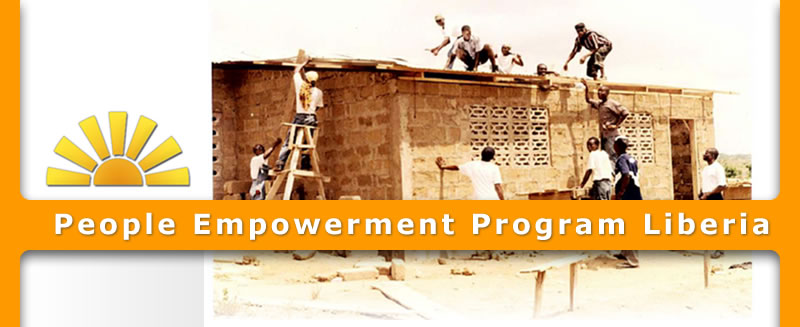
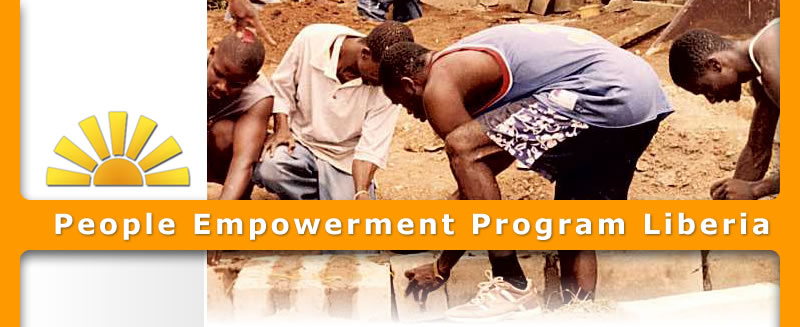
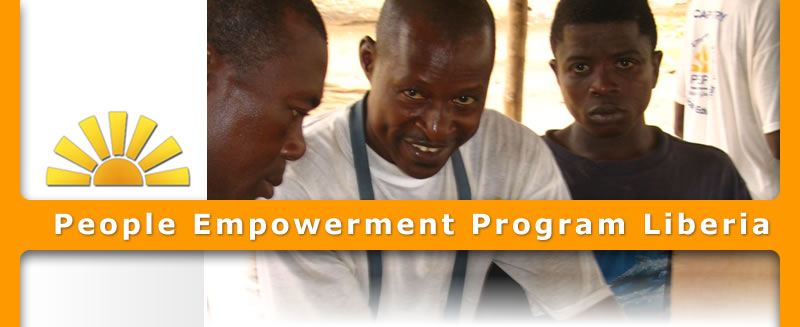
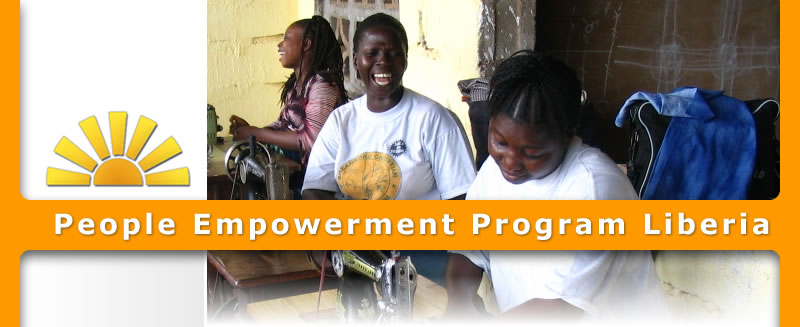
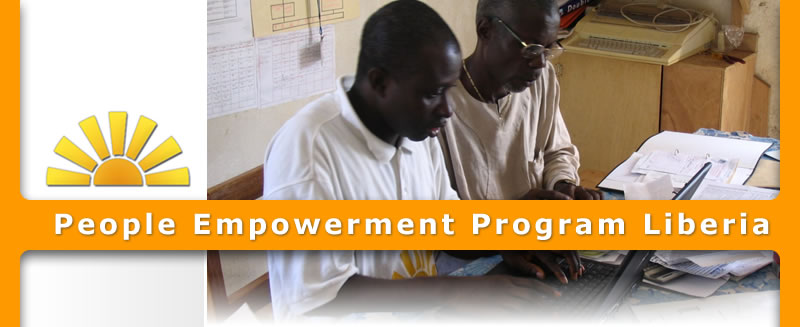
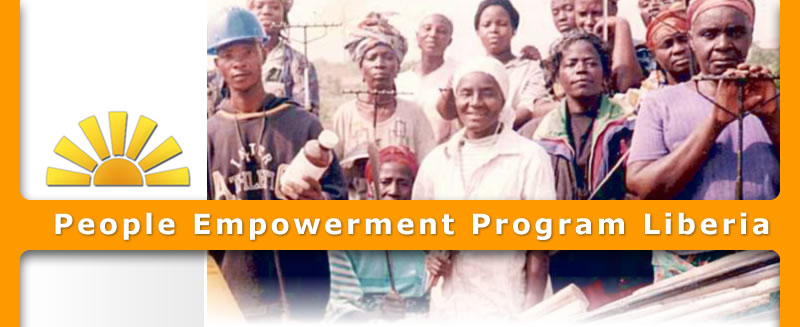
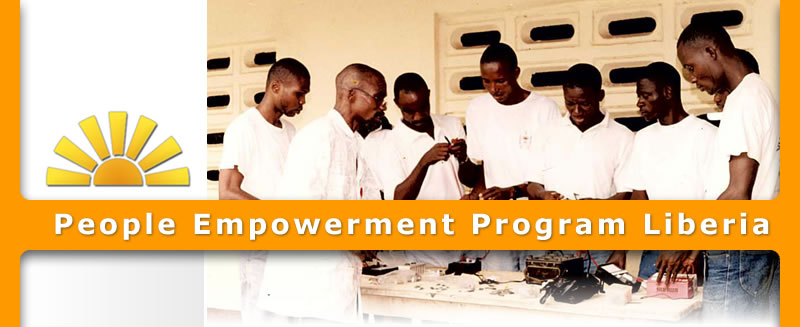
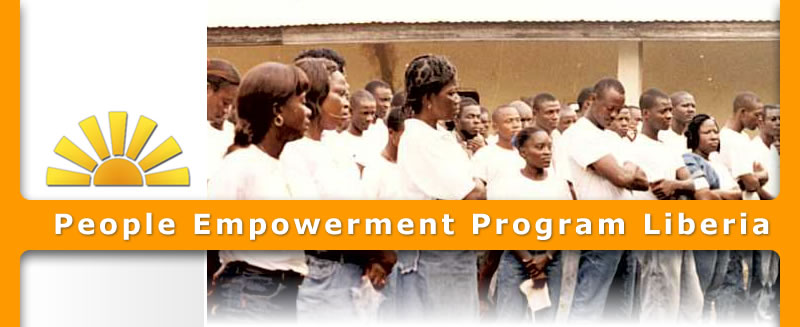
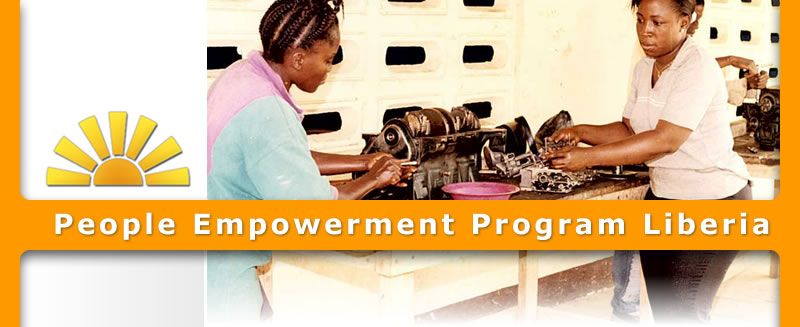
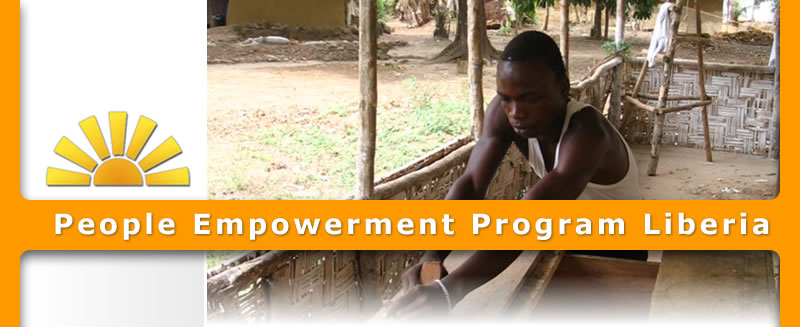
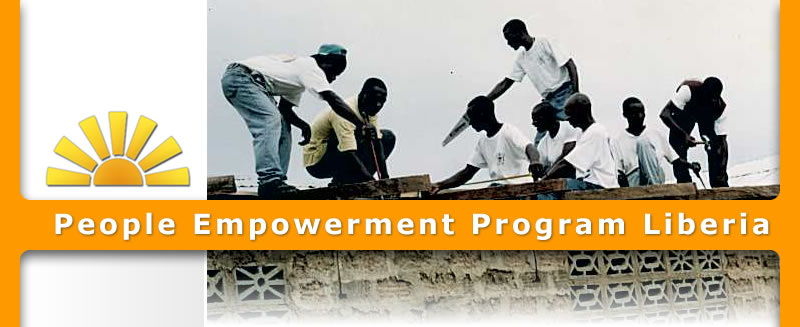
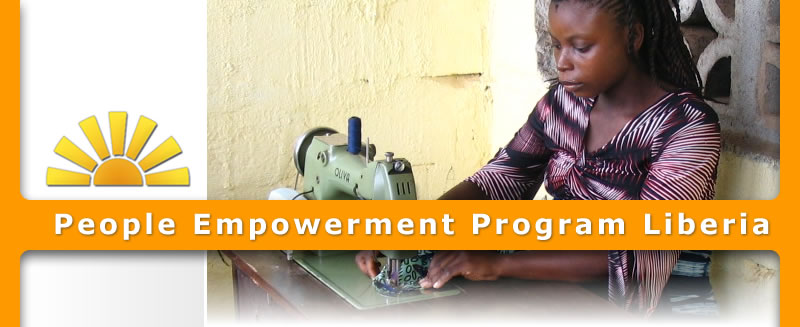
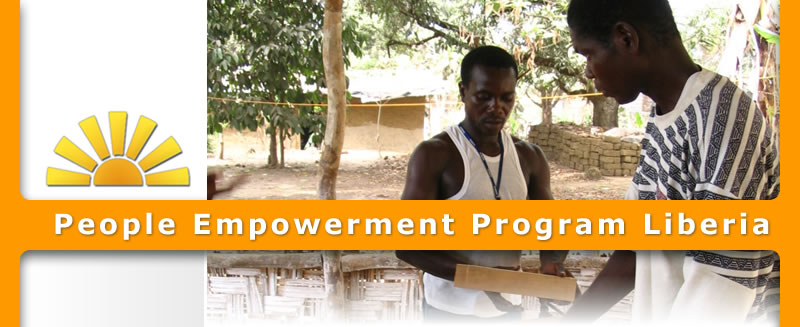
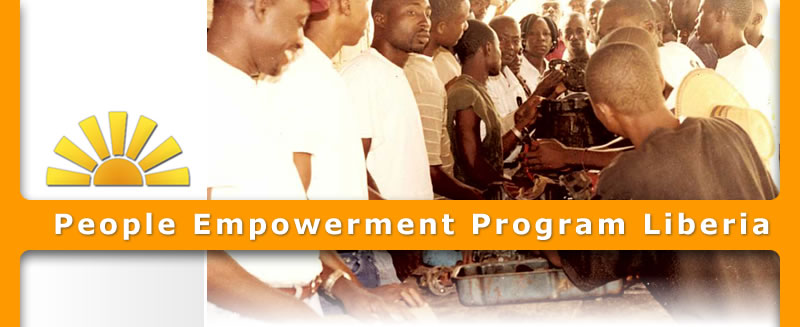

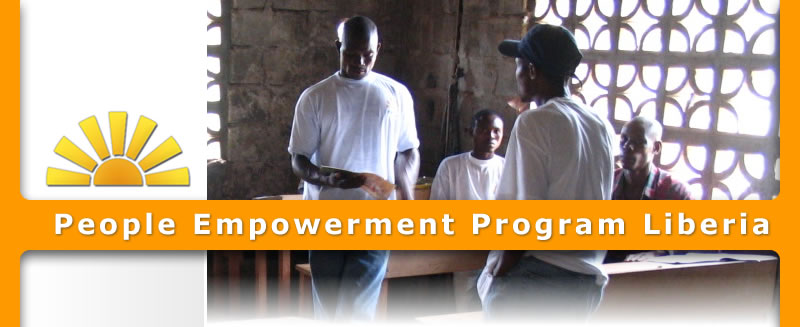
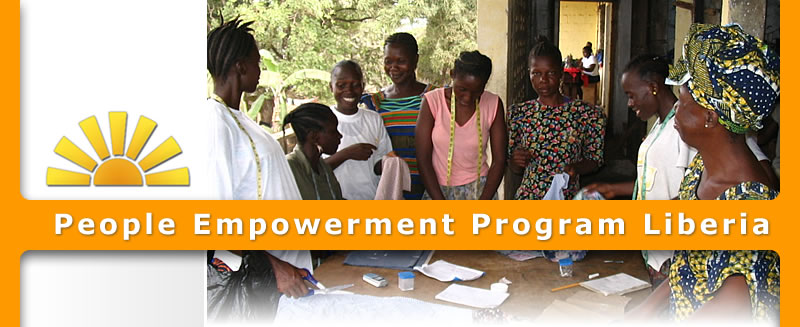
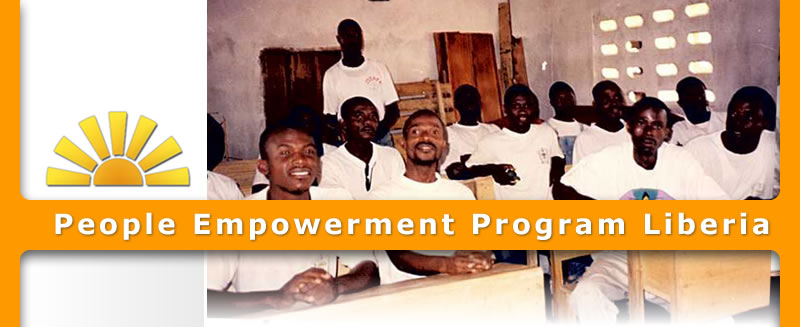
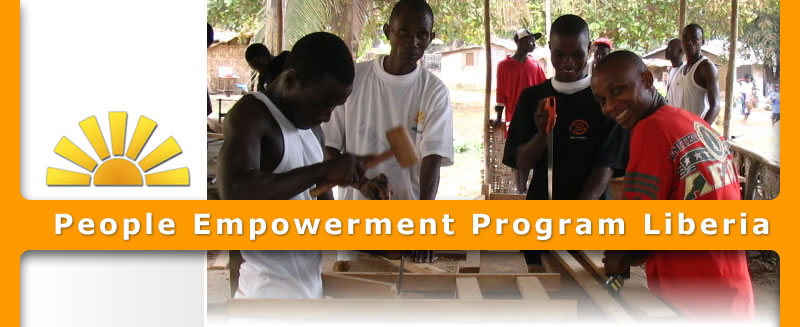
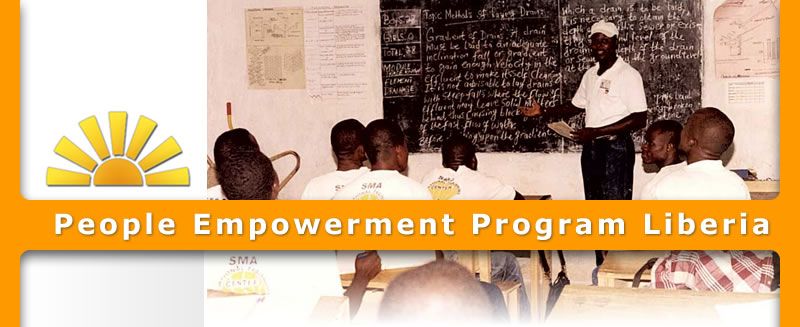
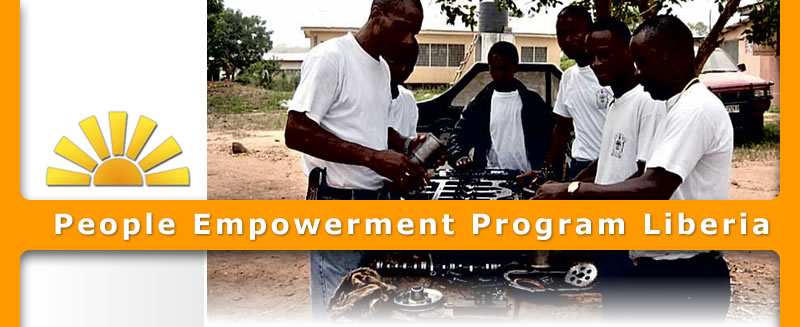
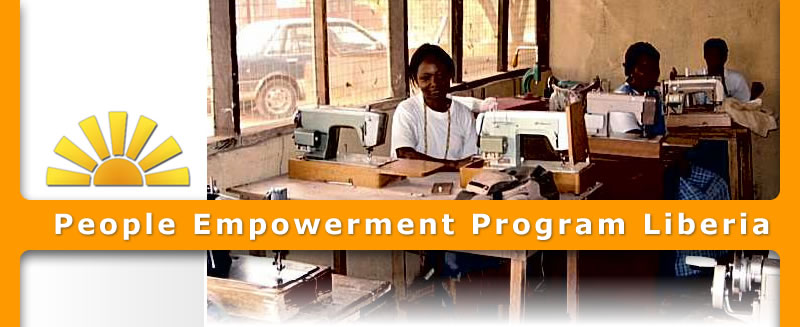






















Portuguese explorers established contacts with Liberia as early as 1461 and named the area the Grain Coast. In 1663 the British installed trading posts on the Grain Coast, but the Dutch destroyed these posts a year later. No further known "European" settlements occurred along the Grain Coast until the arrival of freed American slaves after 1817.
Liberia, which means "Land of the Free", was founded by freed slaves from the United States under the supervision of the American Colonization Society in 1820. The Americo-Liberians established a settlement in Christopolis, soon renamed Monrovia, after U.S. president James Monroe. Between 1817 and 1867, 13,000 freed slaves arrived. For over one hundred years, the Americo-Liberians, a minority group, reserved all political and economic leadership under the name of the True Whig Party, tolerating no opposition. Liberia's history was relatively peaceful until the 1980 military coup, when 17 non-commissioned soldiers, led by Master Sergeant Samuel Kanyon Doe, toppled the True Whig Party government of President William R. Tolbert.
On December 24, 1989 Charles Taylor crossed the border from the Ivory Coast and initiated a rebellion to topple the Samuel Doe government, which became the Liberian Civil War. This rebellion ended the Doe regime in September of 1990, but by then the rebels had already begun to fracture into warring factions based on political and ethnic differences.
The UN estimates that 150,000 people died during the conflict with 850,000 refugees fleeing to neighbouring countries. The years of fighting, coupled with the flight of most businesses, disrupted formal economic activities.
Seven years of civil strife came to an end in 1996 with the holding of presidential and legislative elections. After his election in 1997, President Charles Taylor held strong executive power with little political opposition.
A new civil war began in 1999 when a rebel group backed by the government of neighbouring Guinea. In early 2003, a second rebel group emerged in the south, and by the summer, Taylor's government controlled only a third of the country. The capital Monrovia was besieged and that resulted in the deaths of many civilians. Thousands of people were displaced from their homes as a result of the conflict.
The U.S. stationed 2300 Marines offshore while Nigeria sent in peacekeepers as part of the ECOWAS force. President Taylor resigned on August 11, 2003 as part of a peace agreement and was flown into exile in Nigeria. An arrest warrant for Taylor for war crimes committed by his rebel allies in Sierra Leone was later issued by Interpol. He was transferred to the Special Court on 29 March 2006. Due to concerns about regional security should the trial be held in Sierra Leone, the Special Court arranged for the trial to be held at The Hague in the Netherlands. Charles Taylor was transferred to The Hague on 30 June 2006. Taylor was convicted on April 26, 2012 for aiding and abetting the commission of crimes in Sierra Leone. On May 30, 2012, he was sentenced to 50 years in prison.
In October 2004, United Nations peacekeepers (UNMIL) replaced the ECOWAS force. The UNMIL had 5500 personnel in the country that worked to disarm the various factions. By the end of November 2005 the National Election Committee of Liberia announced Africa’s first woman President, Ellen Johnson-Sirleaf, who beat her rival George Weah, former football star. President Sirleaf was reelected in October, 2011 for a second term. Following her reelection, she was awarded the Nobel Peace Prize along with fellow Liberian woman Leymah Gbowee and Tawakul Karman of Yemen.
Liberia has 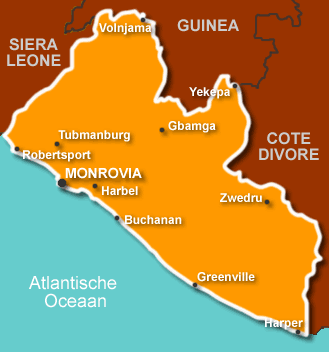 an estimated population of 3.4 million. The country is one of the least developed countries (LDC) in the world. The country is however potentially rich as there are enough resources like rubber, oil, gold and diamonds, but the history of war and irresponsible economic policies made the socio-economic situation as dramatic as it is nowadays. At present, Liberia is exploring the possibility of crude oil production.
an estimated population of 3.4 million. The country is one of the least developed countries (LDC) in the world. The country is however potentially rich as there are enough resources like rubber, oil, gold and diamonds, but the history of war and irresponsible economic policies made the socio-economic situation as dramatic as it is nowadays. At present, Liberia is exploring the possibility of crude oil production.
The infrastructure is in bad condition, roads are taken back by the jungle and bridges were devastated during the war. Even in Monrovia, electricity and clean water is not available sufficiently. The unemployment rate is estimated by the UN on 85%. About 80% of the population lives in poverty (less than 1 dollar a day), whereof the half is suffering from hunger (less than 0,5 dollar a day). About 75% of the population has no access to clean drinking water and less than 10% has access to medical care.
The population of Liberia is very young, about 67% of the population is under the age of 25. A major part (about 85%) of the population is illiterate.